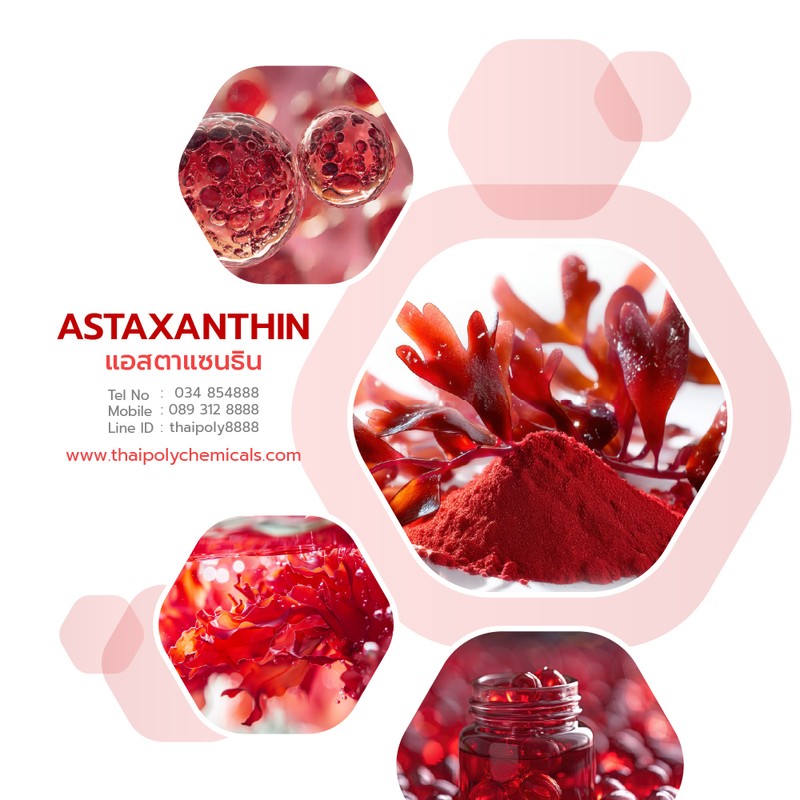ข่าว:
ลงประกาศฟรี รองรับ SEO ประกาศฟรีออนไลน์ โพสฟรีติดgoogle โฆษณาฟรี เพิ่มเว็บ โปรโมท ซื้อ ขาย เช่า บริการ
 |
 |




















                    |
|
ลงประกาศฟรี รองรับ SEO ประกาศฟรีออนไลน์ โพสฟรีติดgoogle โฆษณาฟรี เพิ่มเว็บ โปรโมท ซื้อ ขาย เช่า บริการ
 |
 |




















                    |
|